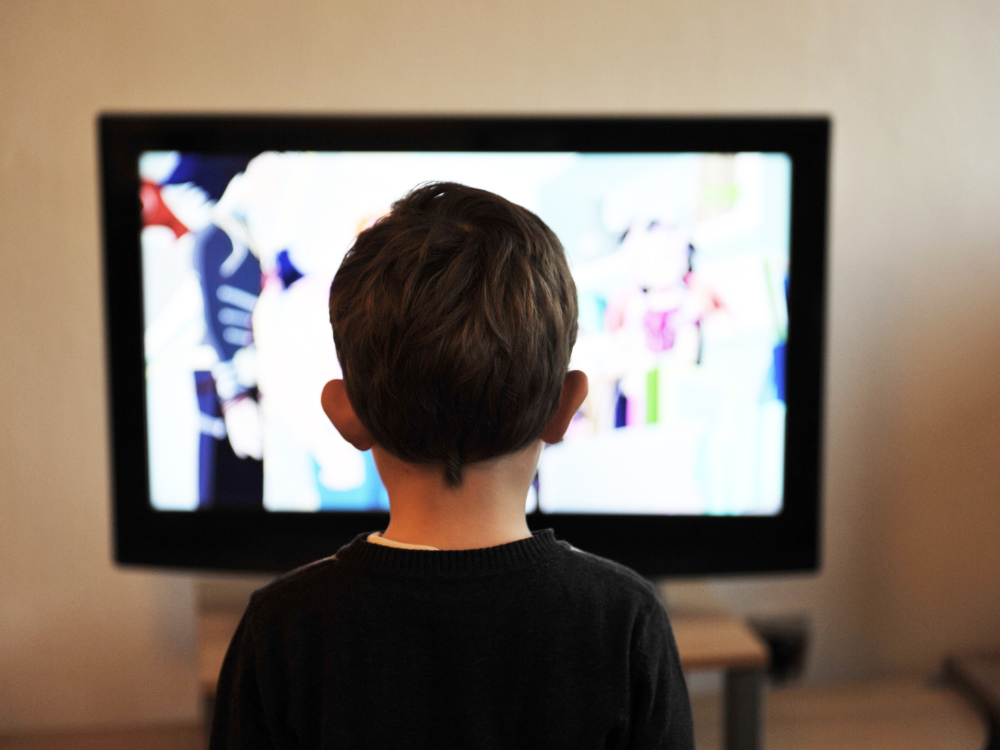
Artificial Intelligence (AI) has developed rapidly which created new difficulties for fighting child sexual abuse material (CSAM). The UK's AI Safety Institute identified immediate threats from artificial intelligence-generated CSAM so the government started new legislation against AI tools which expose children to sexual abuse. The increasing cyber threats against children force India to amend its computer laws because they require new regulation to combat threats coming from AI technology. India needs to analyze its existing laws in combination with regulatory voids to develop plans that will fight AI-created child sexual exploitation material effectively.
International Developments in AI and CSAM
-
The United Kingdom has planned to pass laws which will make it illegal to hold AI programs generating CSAM together with their creation and distribution.
-
The new legal approach shifts attention away from defending individuals to enforcing specific tools that generate Computer Sexually Assault Material.
-
Legislation forbids the distribution of paedophile instructional manuals to enhance law enforcement capability.
Current Legal Framework in India and its Shortcomings
-
Cybercrime statistics from the National Crime Records Bureau in April 2024 confirmed a major increase in incidents of child pornography reaching 1.94 lakh registered reports.
-
The IT Act of India contains Section 67B which criminalizes CSAM together with provisions under the POCSO Act yet these laws do not specify effective ways to combat AI-generated content.
-
Present laws only cover genuine child pornographic content while incompetently managing AI-created images that mimic real children with accuracy.
The Need for Legislative Amendments
-
A legal change should replace 'child pornography' with 'CSAM' in order to establish an updated common system.
-
Section 67B of the IT Act requires an explicit definition of sexually explicit content in order to enhance real-time child sexual abuse material detection.
-
The definition of intermediary needs expansion to cover Virtual Private Servers, Cloud Services and VPNs for improved enforcement capabilities.
-
India needs to endorse the draft UN Convention that addresses the utilization of Information Technology and Communication for criminal activities.
-
The future Digital India Act should adopt provisions based on UK AI legislation to address AI-generated child sexual abuse materials comprehensively.
Definition of Child Abuse
-
The term child abuse refers to injuries and sexual abuse and exploitation together with acts of neglect and maltreatment directed toward children.
-
Physical, mental, emotional and psychological abuse are identified as child abuse by the World Health Organisation (WHO).
-
Child abuse appears in residential areas and educational institutes from homes into public streets and workplaces.
Constitutional and Legal Provisions
-
The laws of Articles 14, 15, 15(3), 19(1)(a), 21, 21(A), 23, 24, 39(e), and 39(f) within the Indian Constitution serve to protect children.
-
Special legislation as well as policies under the authority of the legislature aim to protect children's rights.
Prevalence and Challenges
-
Family members who carry out abuse tend to prevent their victims from reporting the abuse.
-
Research evidence indicates known associates commit 80 to 85% of the child rape incidents.
-
Many victims keep abuse secrets to prevent receiving social judgment.
-
The combination of severe law enforcement approaches and tough legislative structure fails to stop sexual violence that happens to children.
-
Traumatized victims experience additional suffering because legal proceedings drag out long periods of time.
Effects of Child Abuse
-
Leads to long-term physical and psychological trauma.
-
Impacts families and society as a whole.
-
Childhood abuse creates future susceptibility to mental health issues which adults will develop.
-
Academic-related emotional stress which creates mental strain counts as an abusive practice.
Government Measures and Policies
-
POCSO Act, 2012: Addresses sexual abuse and exploitation of children with stringent legal provisions.
-
POCSO e-Box: Online platform for direct reporting of sexual offences against children.
-
As a government organization National Commission for Protection of Child Rights (NCPCR) functions to synchronize all child rights-related laws and policies.
-
The Integrated Child Protection Scheme makes it a priority to establish protective environments by joining forces between Government institutions and Civil Society groups.
-
Operation Smile (Operation MUSKAAN) operates as both an initiative that saves children who have gone missing and provides rehabilitation services to them.
-
Right to Education (RTE) Act: Ensures free and compulsory education for children.
-
Beti Bachao, Beti Padhao Programme: Focuses on gender equality and the welfare of the girl child.
Conclusion
The advancement of AI technologies results in parallel development of new security threats. The legal foundation of India should be modified to actively combat AI-generated child sexual abuse materials with protective measures for children who operate online. India can protect its children from AI-based abuse through global best practice adoption alongside strengthened laws and improved time-sensitive monitoring to defend children's rights for safe online existence.



 QpiAI Launches India’s First Full-Stack Quantum Computer, QpiAI-Indus, on World Quantum Day
QpiAI Launches India’s First Full-Stack Quantum Computer, QpiAI-Indus, on World Quantum Day ISRO to Send Tardigrades on Axiom-4 Mission: A Step Towards Advancing Space Research
ISRO to Send Tardigrades on Axiom-4 Mission: A Step Towards Advancing Space Research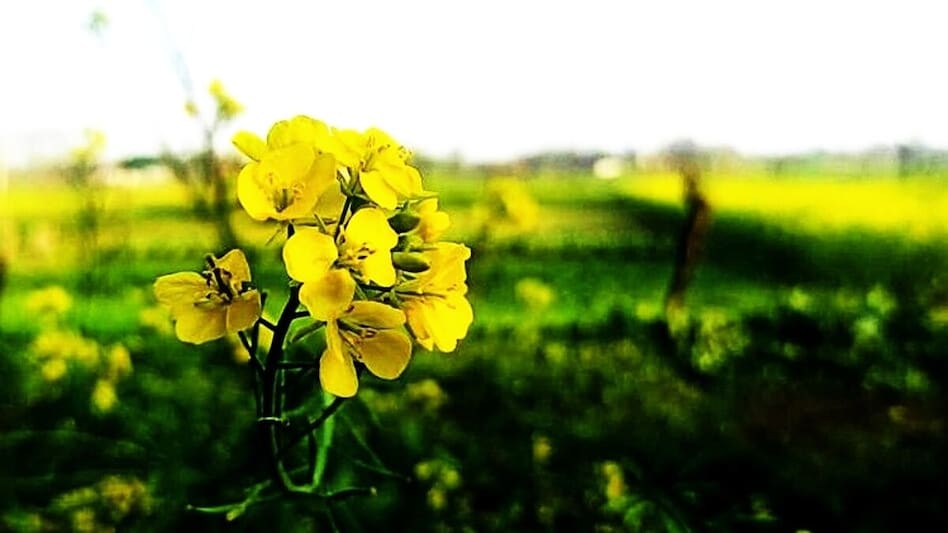 TERI's Nano Sulphur Breakthrough in Mustard Cultivation
TERI's Nano Sulphur Breakthrough in Mustard Cultivation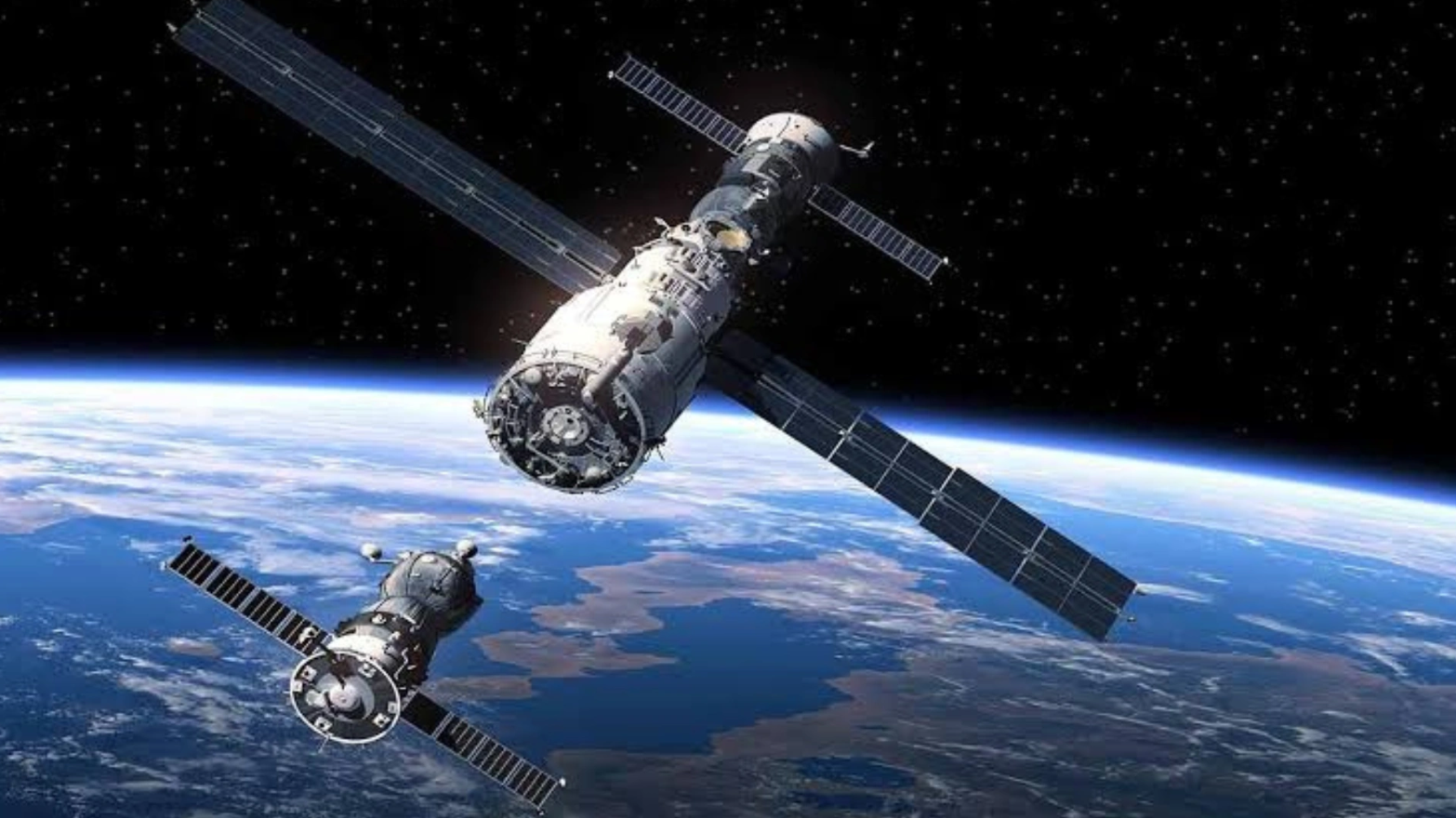 ISRO's Successful Second Docking of Satellites – A Milestone in Space Technology
ISRO's Successful Second Docking of Satellites – A Milestone in Space Technology Potential Biosignatures Discovered on Exoplanet K2-18b by JWST
Potential Biosignatures Discovered on Exoplanet K2-18b by JWST India Launches First Native Seed Germination Database for Ecological Restoration
India Launches First Native Seed Germination Database for Ecological Restoration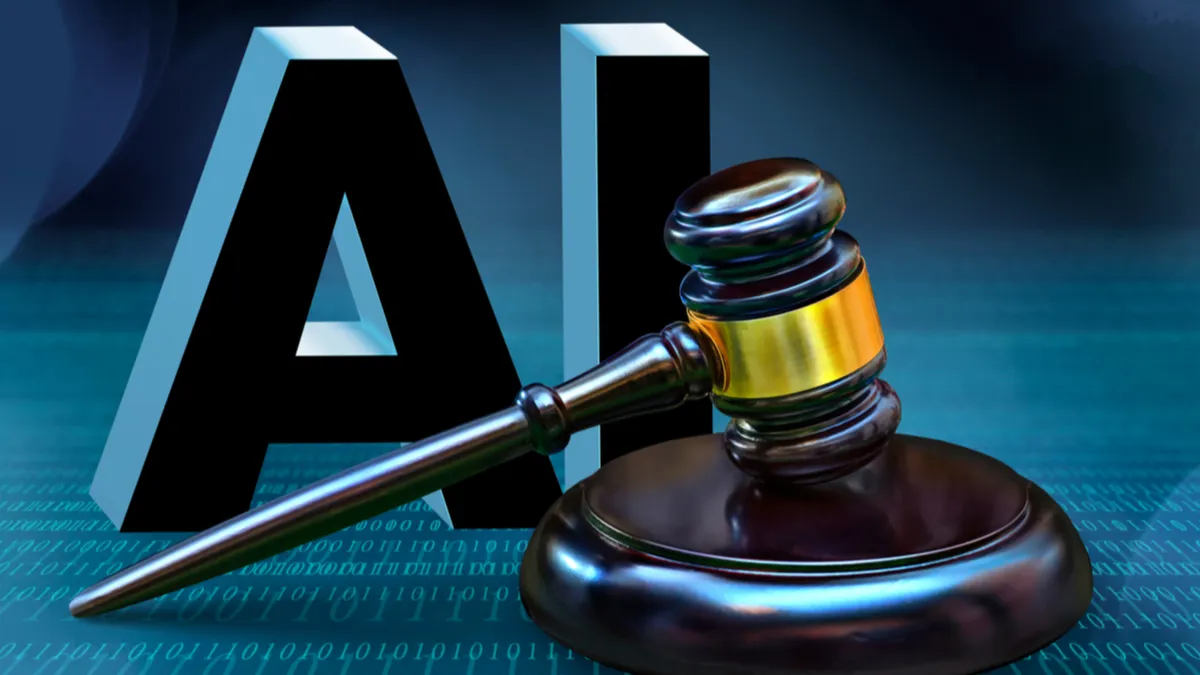 India’s Evolving Approach to Artificial Intelligence Governance and Regulation
India’s Evolving Approach to Artificial Intelligence Governance and Regulation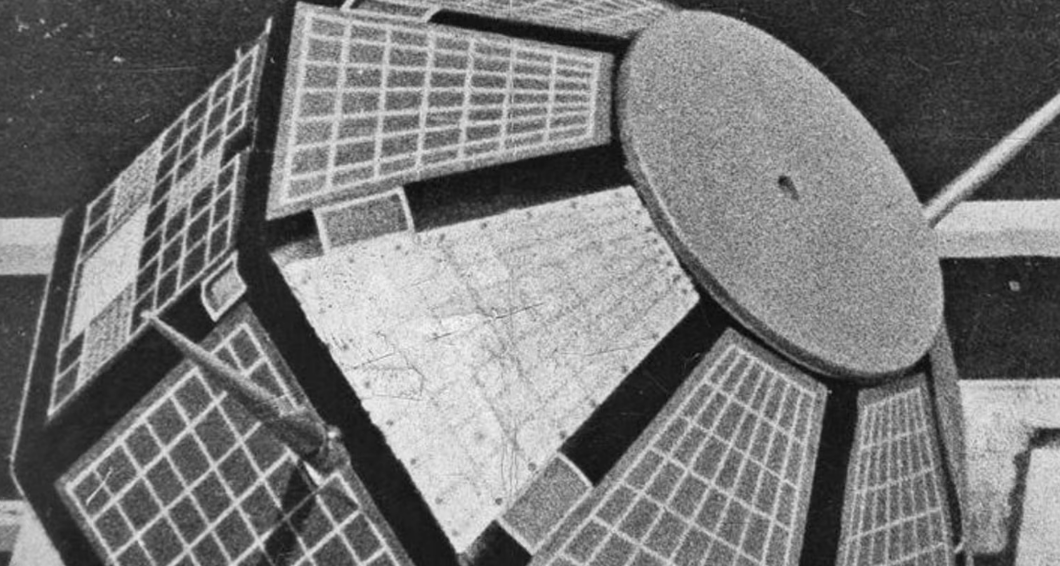 Golden Jubilee of Aryabhata 2025: Celebrating India’s First Satellite and ISRO’s Historic Milestone
Golden Jubilee of Aryabhata 2025: Celebrating India’s First Satellite and ISRO’s Historic Milestone ESA's Biomass Mission 2025: Tracking Global Forest Carbon Storage via Satellite
ESA's Biomass Mission 2025: Tracking Global Forest Carbon Storage via Satellite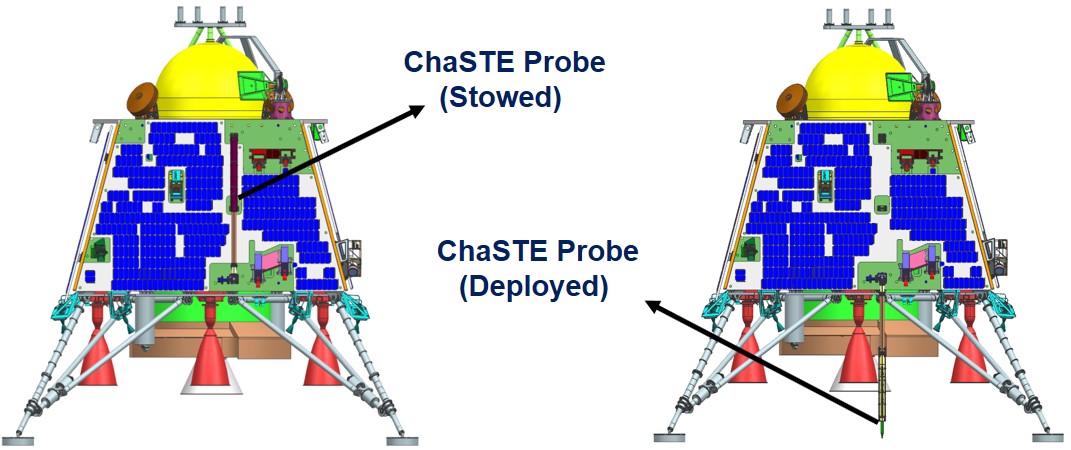 ChaSTE: First In-Situ Measurement of Surface Temperature
ChaSTE: First In-Situ Measurement of Surface Temperature






